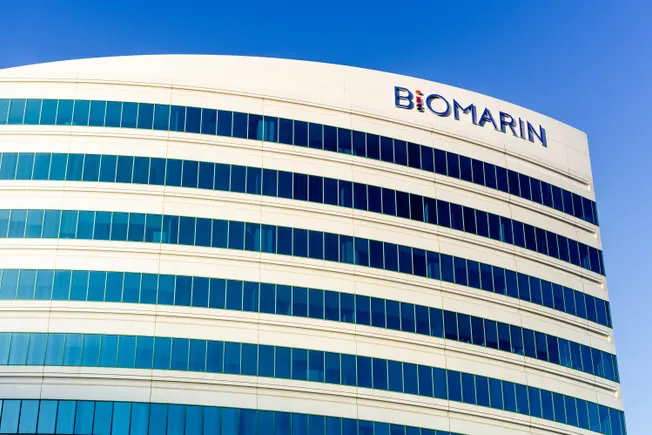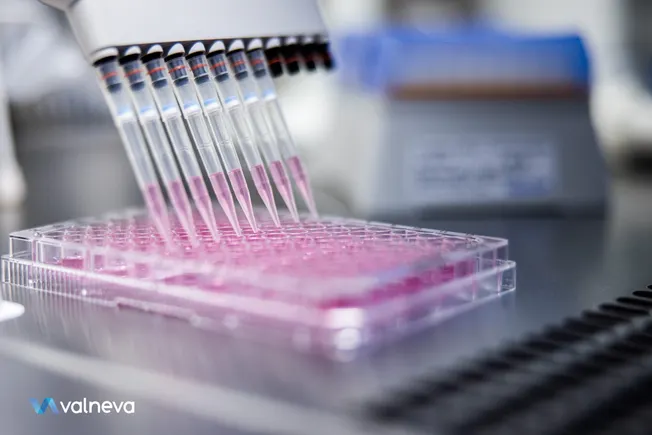BioMarin to buy rare disease drugmaker Inozyme for $270M


BioMarin Pharmaceutical has agreed to spend $270 million to take control of a Boston-based drug company with complementary expertise in rare disease research.
The all-cash deal, announced Friday, should close sometime between July and the end of September, having already received unanimous backing from the boards of both BioMarin and its target Inozyme Pharma. Once complete, the acquisition will hand BioMarin an experimental therapy that’s currently being tested against uncommon disorders with names so alien they look as though a house cat walked across a laptop keyboard.
Those disorders, known as ENPP1 deficiency and ABCC6 deficiency, can each be life-threatening. They arise when the body doesn’t create enough of an enzyme that turns out “inorganic pyrophosphate,” a molecule that keeps minerals like calcium from accumulating in soft tissues.
Without that molecule, the resulting mineral buildup can cause bone weakness and pain, or artery blockages that lead to strokes, tissue death or multiorgan failure. Research has indicated that, in newborns and infants with the most severe forms of these deficiencies, the mortality rate is more than 50%. To date, the Food and Drug Administration has yet to approve any medicines for the diseases Inozyme is targeting.
Inozyme — and now BioMarin — are hoping to change that with an enzyme replacement therapy code-named INZ-701.
As the name suggests, INZ-701 is designed to do the job of that missing protein and spur the production of inorganic pyrophosphate. Results from a late-stage study of the therapy in children with ENPP1 deficiency are expected next year, meaning FDA approval could come as early as 2027. A Phase 2 study of patients with ABCC6 deficiency completed last summer, as did a Phase 1 experiment focused on a different blood vessel-calcifying disease that often accompanies kidney failure.
To some analysts, the deal represents a bit of a shot in the arm for BioMarin, which last year trimmed its workforce, reduced some spending and culled several drug projects. Joseph Schwartz, of Leerink Partners, wrote in a note to clients that his team had been patiently waiting for BioMarin to do some business development, and is now “pleased” to see the Inozyme deal come through.
ENPP1 deficiency is very rare, with Inozyme estimating a global patient population of around 10,000. Yet Schwartz’s team believes this treatment area could grow into a “valuable” commercial opportunity for BioMarin. They “think this is a step in the right direction and hope that this is just the beginning of [the company’s] pipeline build out.”
Analysts also highlighted how Inozyme can be easily folded into BioMarin’s business, which already has other enzyme replacement therapies on the market like Vimizim, Naglazyme and Palynziq. The deal “fits like a glove,” according to Schwartz, while Paul Matteis of Stifel described it as a “very strong strategic fit” in his own client note.
BioMarin “has the commercial infrastructure and expertise to maximize the value of this late-stage asset,” Matteis wrote.
Others, though, weren’t as bullish. While the deal “makes total sense,” it’s “unlikely to move the needle” for BioMarin as a whole, wrote RBC Capital Markets’ Luca Issi.
The company’s share price was up a little more than 1% late Friday morning, to trade at almost $60.
“As BioMarin continues our transformation and delivers on our corporate strategy, we will continue to evaluate external innovation alongside internal innovation,” CEO Alexander Hardy said in a statement. “We are in a strong financial position to bring in additional assets as we accelerate the development of medicines for patients with significant unmet need.”
Per deal terms, BioMarin will purchase all outstanding shares of Inozyme for $4 apiece. That’s a roughly 180% premium from the $1.42 Inozyme shares were trading at on May 15.
BioMarin had close to $1.3 billion worth of cash, cash equivalents and short-term investments by the end of March. The company also last summer laid out plans to bring in $4 billion in annual revenue by 2027.
This post has been syndicated from a third-party source. View the original article here.




